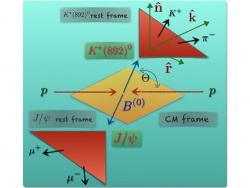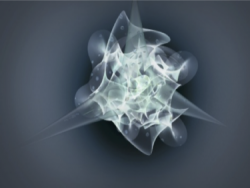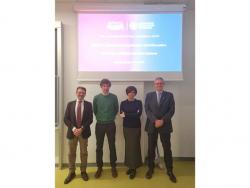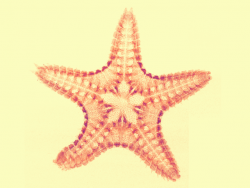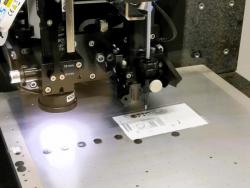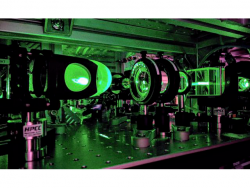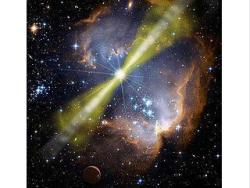Astrophysics
What are the basic components of the Universe? How have dark matter and dark energy affected galaxy formation since the Universe first came into being? How do matter, energy, space, and time behave in the extraordinarily diverse conditions existing in the cosmos? How are the chemical elements essential for our own existence synthesized within stars?
These are a few of the big questions to which modern astrophysics and cosmology are giving increasingly accurate answers. The Universe is our laboratory. Our main tools of investigation are large ground telescopes and astronomical satellites, used to investigate, at varying wavelengths, the observational properties of planets, stars, galaxies, and cosmic structures measuring up to hundreds of millions of light years. These properties are compared with the predictions of theoretical models, which sometimes involves intensive supercomputing work.
Our core research areas can be roughly divided into "Galaxies and Cosmology", "Stars and Stellar Populations", "Particle Astrophysics", "Advanced Technology and Instrumentation". We are involved in observational programs on large ground telescopes and in major space missions within the ESO (European Southern Observatory) and ESA (European Space Agency), and we also lead research groups on theoretical programs. In particular, we collaborate with researchers at the local Unit of the INAF (National Institute of Astrophysics), namely the Astronomical Observatory of Trieste, and the local Unit of the INFN (National Institute of Nuclear Physics), at SISSA, and at ICTP. We are also involved in the activities of the Institute for Fundamental Phyiscs of the Universe (IFPU). The main sources of financial support for our research programs are MIUR, INAF, INFN, ASI, ERC. In the following web pages, we summarize the specific projects and topics currently being studied at our Department under these headings, and identify the faculty members and local researchers engaged in these endeavors.


